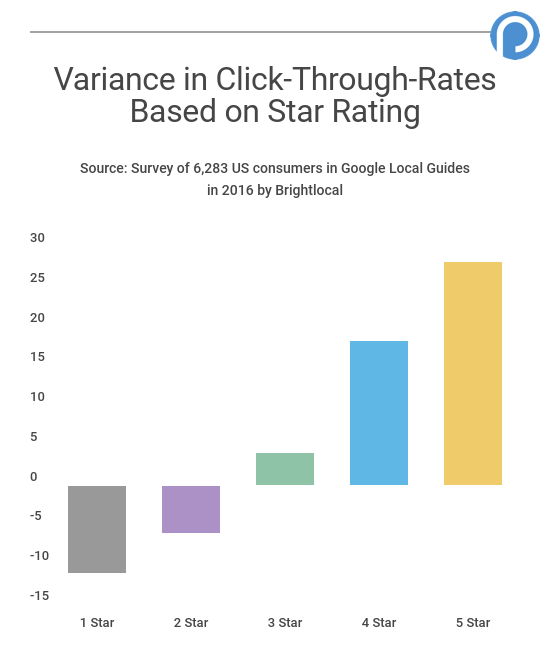- Have any questions?
- [email protected]
Protect Your Brand: Strategies for Effective Online Reputation Management in the Age of Social Media

Turning Negative Feedback into Positive Brand Growth through Online Reputation Management
November 11, 2023
A Comprehensive Guide to Removing Negative Content and Rebuilding Your Online Reputation
November 17, 2023Protect Your Brand: Strategies for Effective Online Reputation Management in the Age of Social Media
In the age of social media, where information travels at lightning speed, protecting your brand’s online reputation is more important than ever. A single negative review or comment can quickly spread across the internet, potentially causing significant harm to your brand’s image. In this article, we will discuss strategies for effective online reputation management (ORM) to help businesses safeguard their brand and maintain a positive online presence in the ever-evolving world of social media.
Understanding the Power of Social Media
The double-edged sword of social media
Social media has revolutionized the way people communicate, share information, and make purchasing decisions. While it offers businesses numerous opportunities for reaching and engaging their target audience, it also poses significant challenges for maintaining a positive online reputation. The speed at which information is shared on social media can quickly amplify both positive and negative feedback, making ORM a critical aspect of any brand’s digital strategy.
The impact of online reputation on brand success
A brand’s online reputation can greatly influence customer perception, trust, and purchasing decisions. Research shows that a majority of consumers rely on online reviews and recommendations when choosing a product or service. As such, businesses with a strong and positive online reputation are more likely to attract and retain customers, driving long-term success.
Strategies for Effective Online Reputation Management
Actively monitor your online presence
To effectively manage your brand’s online reputation, it is crucial to actively monitor your online presence across various platforms, including social media channels, review websites, and forums. Regularly checking these platforms for mentions of your brand enables you to stay on top of any potential issues and respond promptly to both positive and negative feedback.
Engage with your audience
Engaging with your audience on social media is an essential aspect of ORM. Responding to comments, messages, and reviews demonstrates that you value your customers’ opinions and are committed to providing exceptional service. When addressing negative feedback, always be transparent, courteous, and professional, offering solutions to rectify the issue whenever possible.
Encourage positive reviews
Encouraging satisfied customers to share their positive experiences can help to counterbalance any negative feedback and build a strong online reputation. You can ask for reviews through email campaigns, social media, or even in-person interactions. Providing exceptional customer experiences and addressing customer concerns promptly can also increase the likelihood of receiving positive feedback.
Leverage social media for proactive ORM
Utilize social media platforms to showcase your brand’s values, culture, and achievements. Regularly sharing positive news, testimonials, and success stories can help to create a positive perception of your brand and strengthen your online reputation. Additionally, engaging with influencers and brand advocates can further amplify your brand’s positive image.
Develop a crisis management plan
In the event of a significant negative event or online backlash, having a crisis management plan in place can help mitigate potential damage to your brand’s reputation. Your plan should include guidelines for identifying potential crises, internal and external communication protocols, and steps for addressing the issue and restoring your brand’s image.
Conclusion
Protecting your brand’s online reputation is an ongoing process that requires constant vigilance and proactive strategies. By actively monitoring your online presence, engaging with your audience, encouraging positive reviews, leveraging social media for proactive ORM, and developing a crisis management plan, businesses can effectively manage their online reputation in the age of social media. By doing so, they can foster customer trust and loyalty, ensuring long-term success in the digital landscape.


